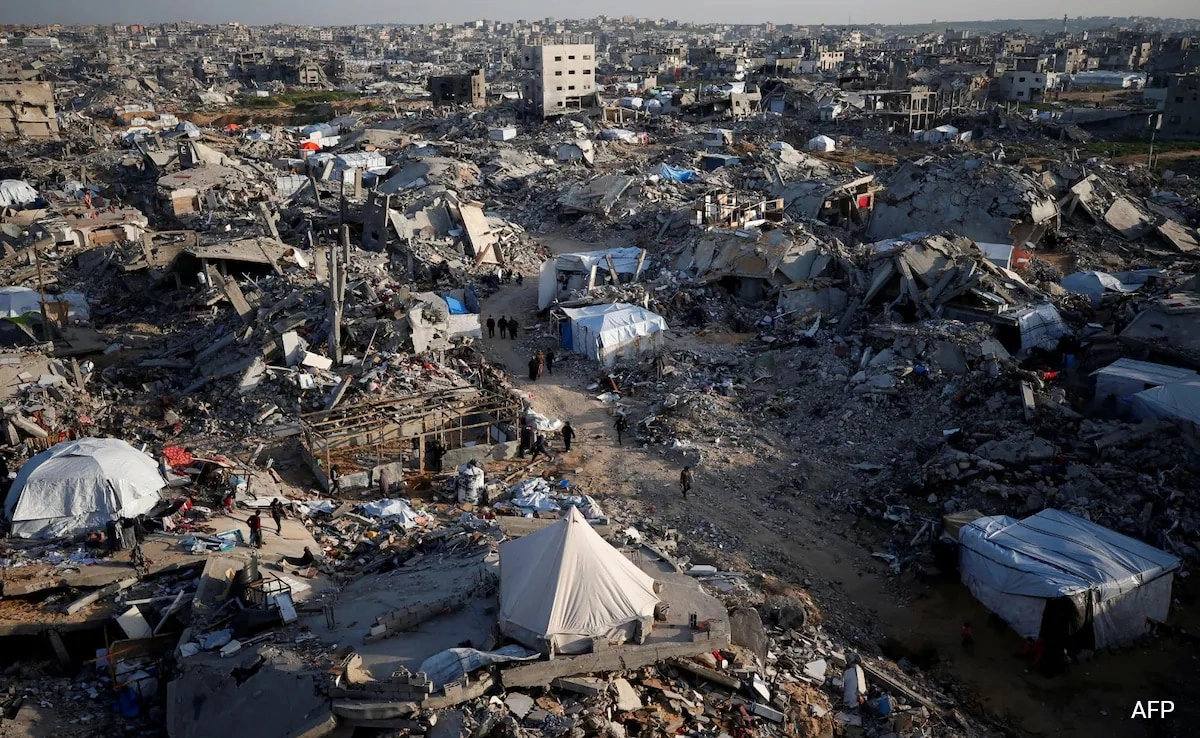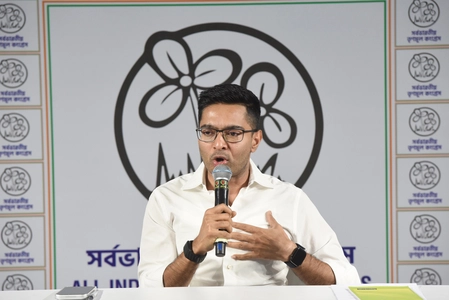The first session of the ceasefire negotiations between Hamas and Israel has concluded without reaching any significant agreement, according to recent reports. This initial round of discussions was anticipated with cautious optimism, as both parties faced immense pressure to halt hostilities and address the humanitarian crisis that has escalated in the region. However, the outcome of these talks has left many observers disheartened, as the fundamental issues underlying the conflict remain unresolved.
Sources indicate that the negotiations, while thorough, did not yield any concrete steps toward a lasting peace or a comprehensive ceasefire. Each side brought forth its demands and grievances, but the deep-seated animosities and stark differences in objectives hindered any substantial progress. Analysts suggest that the lack of a breakthrough in this initial session could prolong the cycle of violence and retaliation, exacerbating the already dire humanitarian conditions faced by civilians caught in the crossfire.
The failure to achieve consensus has raised questions about the effectiveness of external mediators and the potential for future dialogue. Stakeholders in the international community, including various governments and organizations, have expressed their commitment to facilitating further negotiations. However, the complexities of the conflict, characterized by historical grievances and mutual distrust, present a formidable challenge. Both Hamas and Israel must navigate their respective political landscapes while considering the urgent needs of their populations, making the path to resolution fraught with obstacles.
As the situation develops, continued monitoring of the region is crucial. The international community remains hopeful that subsequent sessions will bring forth more constructive dialogue. In the meantime, the humanitarian implications of the ongoing violence remain critical, necessitating immediate attention and response. Without a sustainable resolution, the cycle of conflict is likely to continue, underscoring the urgent need for a renewed commitment to peace and understanding between the parties involved.




